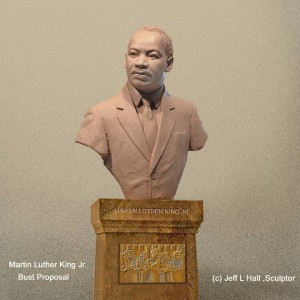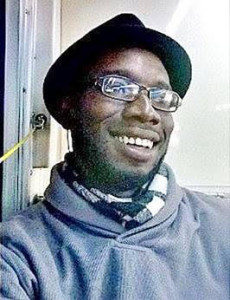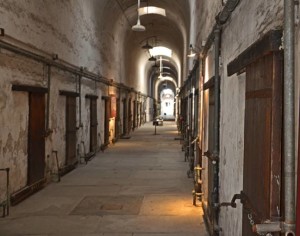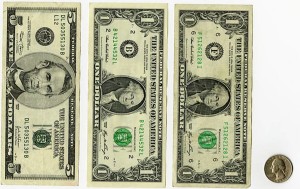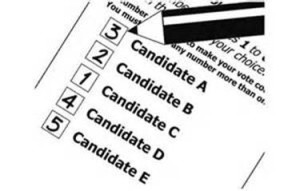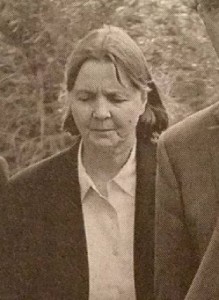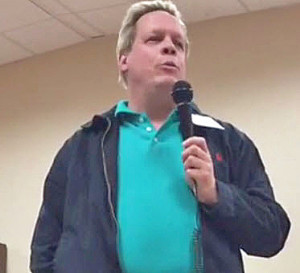 When we enter any public building, however responsible, respectable or harmless we are, we are likely to be patted down – like a criminal.
When we enter any public building, however responsible, respectable or harmless we are, we are likely to be patted down – like a criminal.
We are presumed to be suspect since 9-11, an unworthy memorial for those who died that day.
I was a congressional chief of staff, working in the Cannon House Office Building, when 9-11 occurred.
Police, Fire and rescue workers, and many citizens ran to help others, risking their lungs and their lives, some dying to save persons that they did not know.
Most members of Congress, in contrast, went to ground, and were not found until the all-clear signal.
Members of Congress told the nation it was safe to fly, while they stayed put in Washington.
Some Members of Congress thought to deny access to government buildings, defying Thomas Jefferson’s admonition that a government closed to the public was no democracy.
Some Members talked about dropping nuclear weapons on foreign nation-states – although they weren’t certain which ones.
Congress spoke with gusto about our freedoms as they rushed to crush them in the ironically named Patriot Act. The Benedict Arnold Bill would have been a more fitting name for betraying every person’s right to be free of suspicion. The wrongly named Patriot Act allowed warrantless searches of our information and lately we’ve learned how extensive this intrusion by NSA into our privacy was. Congress nevertheless has been debating in recent days whether to extend these invasive practices.
On the evening that Congress took up the Patriot Act, unable to stomach the debate, I went for a run before the vote, making my way from the Capitol to the Lincoln Memorial. It was dark. I found a candle lit vigil by the reflecting pool, and stopped to hear ordinary citizens, arranged in a circle of life, discussing, in respectful muted voices, the terror but also the bravery of American men and women on that fateful day.
.
Their love of the nation, the honor they bestowed on others, the hope they represented for the nation stood in stark contrast to their Congress at work, not that far away, voting that very evening to suspect every one of these good people and every other American.
We had a chance to come together after the terrible events on 9-11, to harness the can-do feeling and courage of our citizens, also to join hands across the oceans with nations around the world.
We forged instead a separation that divides our house at home and abroad.
Even now, we have to debate whether to take the Patriot Act off life support.
Even now, we war in Iraq.
This nation must set a new course in memory of who we were before 9-11.
We are all in this together, working toward that more perfect union, but so very imperfectly, and we can’t presume there’s anything exceptional about this nation if it won’t treat our neighbors better at home and abroad.
I attended a High School reunion at a Jesuit School in the Bronx, and, having nothing to do while waiting, studied a mural, of persons ministering to the young, the sick, and the old.
These are the Christian values that our pols speak about but disregard in their workaday quotidian practices.
Whether we honestly hold these values, by religious belief or political or ethical philosophy, it is the path, by which we may put an end to our inward-turning, self-centered dystopic culture of fear making us all suspects instead of citizens in the land we once proudly described as the land of the free and a home for the brave.
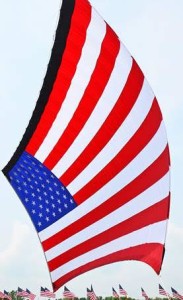 The Fourth of July is a pageant celebrating our independence from an Imperial nation that denied us self-rule, dignity and freedom.
The Fourth of July is a pageant celebrating our independence from an Imperial nation that denied us self-rule, dignity and freedom.
